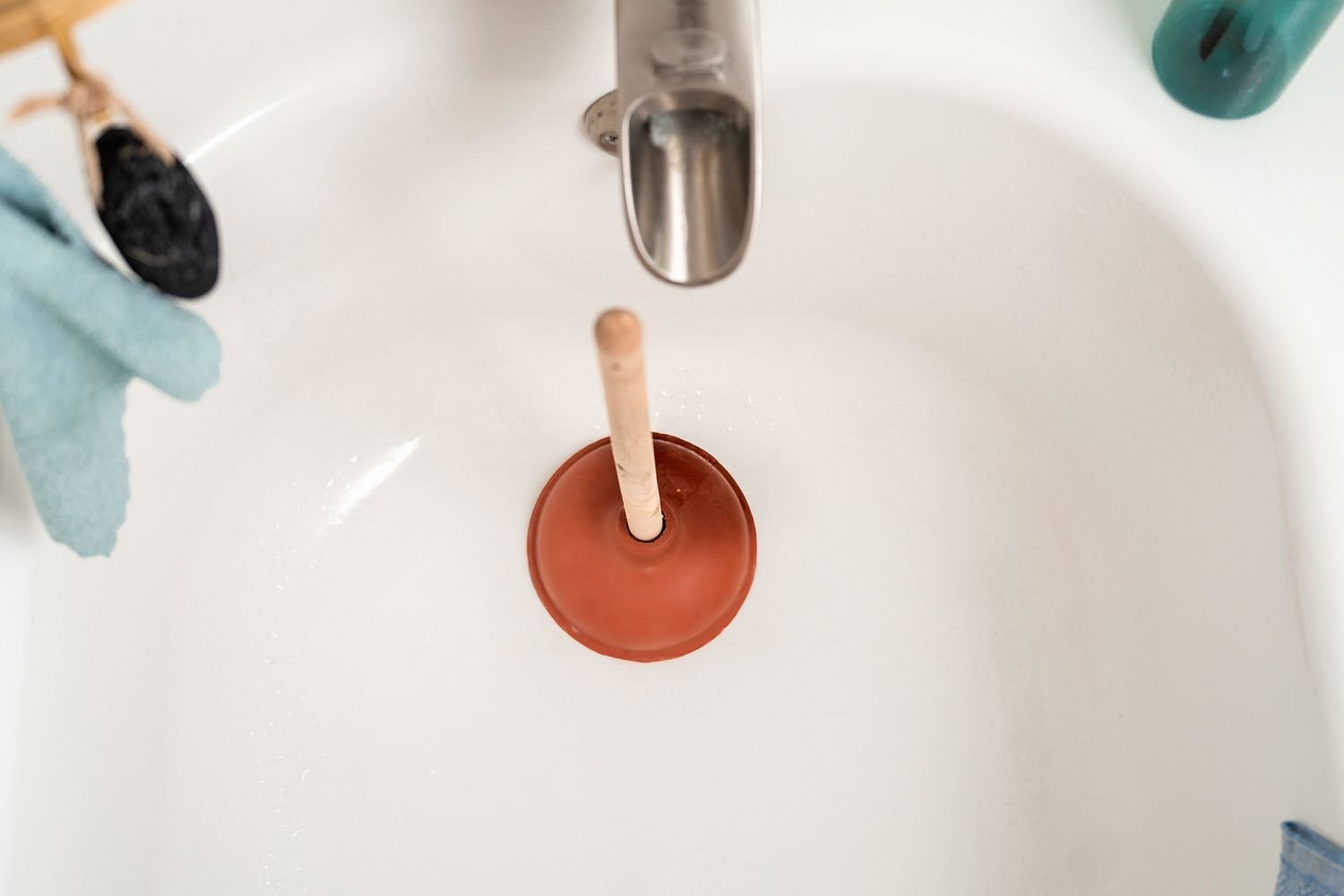How to Unblock Shower Drain
Nothing is more annoying than a clogged shower drain, especially after a long day at work when you need a refreshing shower to regain your energy. Once you notice the bathtub water draining slowly, or even worse, not going down, you realise that you need to take measures to prevent further damage.
Today, we will talk about the reasons behind clogged shower drainage and tips to solve the issue. Let’s dive in!
Why Won't My Shower Drain
You may ask, “why won’t my shower drain?” Nothing is more unhygienic than having a water overflow because the bathtub won't drain. This implies that there is a build-up of debris, dirt, and germs.
Knowing the root causes will help you prevent plumbing problems from occurring or take preventative measures to address them. Here are some of the most typical causes of a blocked shower or bath drain:
Blocked Drain Pipes — Clogged pipes are the leading cause of bathtub drain problems. Almost all bathtub drains will become clogged over time because of hair, soap residue, shaving cream, conditioning suds, gel, shampoo suds, etc.
A buildup of human hair is likely the most common reason for a clogged tub drain. Hair accumulation near the drain can block the flow of water through the drain. In addition to blocking the flow of water through the drain, hair can act as a surface on which deposits like filth and soap scum can adhere. The next possible cause is soap scum. Along with clogging the drain, it can cover the tub and the inner walls of the shower. As a result, rough areas develop, reducing the pipe's diameter and, ultimately, the amount of water that can flow through it.
Hard Water — Hard water found in many households contains significant minerals like calcium or magnesium. Mineral deposits from hard water can accumulate in the pipes and cause clogs. This causes hard edges on which soap scum and other filth will stick, causing harder clogs. Mineral deposits can seriously harm metal pipes over time by slowly corroding the metal. In this case, it would be harder or even impossible to unblock the shower drain, and you may even need to replace all the pipes, for which it’s better to call our professional plumbers to do the work.
It’s recommended to test the pH levels of your water to see the level of minerals. If they are more than the average, it may be the main reason your shower is not draining or is clogged. You can implement a water softener system to filter out the minerals that may cause shower drain blockage.
Small Objects — Sometimes, it’s possible that razor shields, toys, or bottle caps can also pass through the drain openings. You can pull up whatever blocks the drain if it’s close to the top of the drain hole, but be cautious as you may push the clog further.
Poor Pipe Installation — Improper pipe installation can result in a variety of plumbing issues, including clogged showers and drains. So, instead of installing pipes yourself, trust the task to professionals.
Broken Pipes — Your pipes' structure may deteriorate with time, which may cause breaks and cracks. Bits of hair and other debris can become lodged in pipes much more easily when they have cracks, which can cause blockages and water pipes to burst. Additionally, this may result in leaks, which can bring further damage, such as a flood. So, it’s better to call a professional plumber to come and replace the broken pipes.
How to Unblock a Shower Drain
Now, as you know the causes of the blocked shower drain, it’s time to understand how to unblock the shower drain. Let’s see some familiar and productive tips you can try if your shower isn’t draining:
1.Use a Plunger
Try a traditional way to unclog the drain by using a plunger. Add a small amount of water to cover the drain and then use a plunger to push it down and pull it up. You need to put some force so that you can create a strong seal. Then, remove the plunger and add some water to see the result. For better suction, you can soak the rubber in hot water or put some petroleum jelly on the edge of the pad to create a stronger seal.
2. Try a Drain Snake
Use a drain snake to pull out the stuff that clogs the drain. This tool sends a metal wire down the drain to open the blockage but ensure not to harm the pipes while using the tool and clean it properly after every usage.
3. Consider a Pot of Boiling Water
You can try to pour boiling water down the drain as it may soften up the soap scum stuck on the pipe's inner walls and the hair build-up. This helps to flush down any dirt and debris that may be clinging to the pipes' sides. Your pipe system will function more efficiently and drain more quickly if you pour boiling water once a week. You can make this a routine to repeat frequently and prevent shower drain blockage.
4. Baking Soda and Vinegar
White vinegar and baking soda combined to create a bubbly mixture are well-known for consuming large chunks of drain debris. This mixture can be great for blocked shower drains and clogged bathtub drains. With that in mind, pour boiling water, white vinegar, and baking soda down the drain. Baking soda and vinegar combine to produce a foaming chemical reaction. As a result, the pressure inside the pipes may force the blockage further so that it does not clog the drain. Leave the mixture for about 20 minutes, and then pour boiling water down the drain to clean the blockage. But don’t use the mixture more than twice, as it may erode the pipes.
When to Call a Plumber
Once you have tried all of these tips and your shower or bathtub drain is still clogged, it’s time to contact our professional plumbers. To prevent damage to the pipes, it is ultimately better to have a professional unblock the drains. A plumber will be able to securely unclog your pipes without damaging them by using specialised tools. Give us a call if you want to clean the drain while not worsening the issue. The Fluenta Plumbing team is waiting for you!

